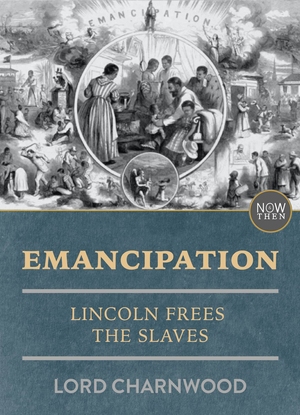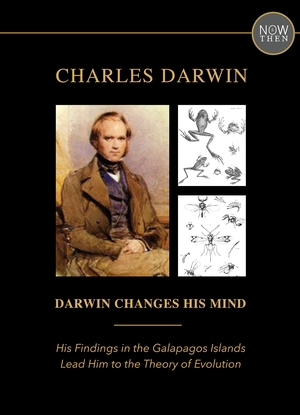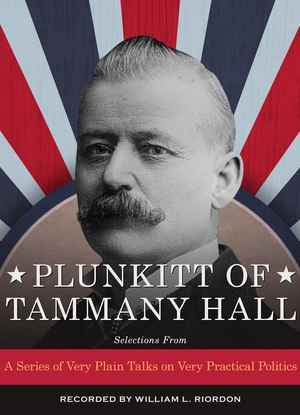A House Dividing - Preview
As Civil War Loomed in the 1850s, Why Couldn’t North and South Get Along
by David M. Potter
A HOUSE DIVIDING
If a climax in the early growth of American nationalism was symbolized by the treaty with Mexico which made the United States a transcontinental republic, the emergence of the sectionalism which almost destroyed the nation was symbolized by an amendment to an appropriation bill which was never enacted. Both symbols appeared unexpectedly as the work of obscure men—a repudiated emissary who had previously been a clerk in the State Department, and a freshman representative from Pennsylvania named Wilmot. The curious overlap and interplay of the national and sectional forces is suggested by the fact that Wilmot’s amendment, which raised the curtain on the sectional drama, came on August 8, 1846, almost two years before Trist’s treaty signalized an apogee of nationalism that sectional forces had already begun to threaten.
The eighth of August was a Saturday. The first session of James K. Polk’s first Congress had voted to adjourn on the following Monday, and both houses were in the usual end-of-session turmoil. At this eleventh hour, Polk made a belated decision to swallow an unpalatable necessity. For many weeks, even before the Mexican War had begun in the preceding May, he had been maneuvering to obtain funds to be used in negotiating a treaty by which the United States would acquire territory from Mexico. Not wishing to reveal his objectives prematurely, he had first sought to arrange for an appropriation to be voted in secret executive session by the Senate, after which it could be sent to the House and adopted without debate. But the Whigs had at last made it clear that publicity would be the price of their support. Thereupon, Polk decided to disclose his intentions, and about noon on August 8 he sent to the House a public message, expressing the hope that “a cession of territory . . . may be made” by Mexico, for which “we ought to pay them a fair equivalent,” and requesting an appropriation of $2 million with which to negotiate.








